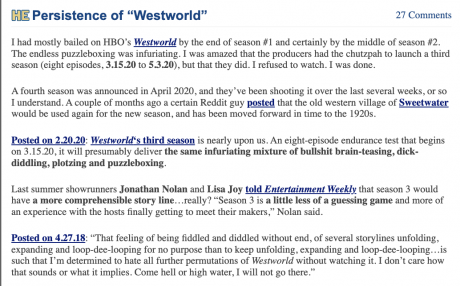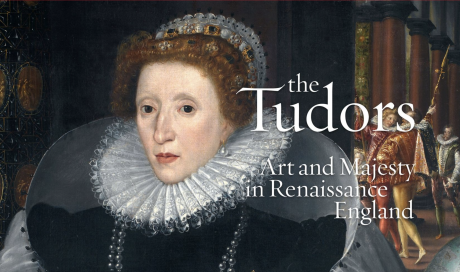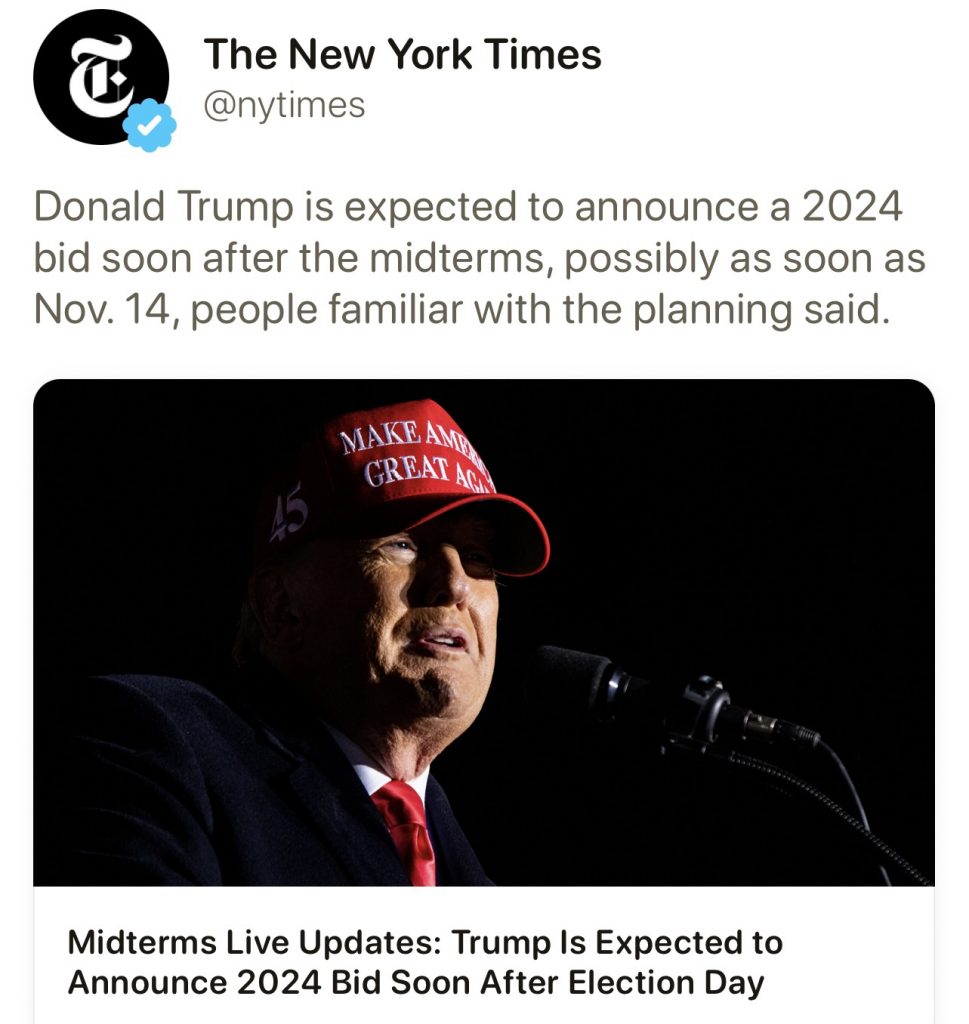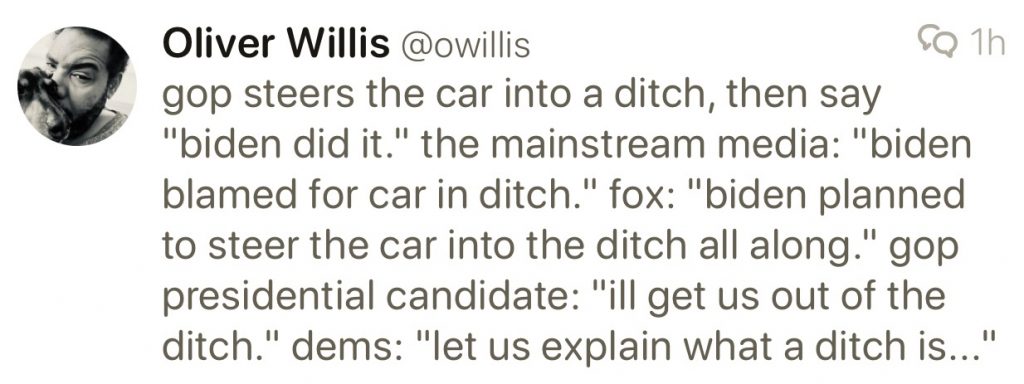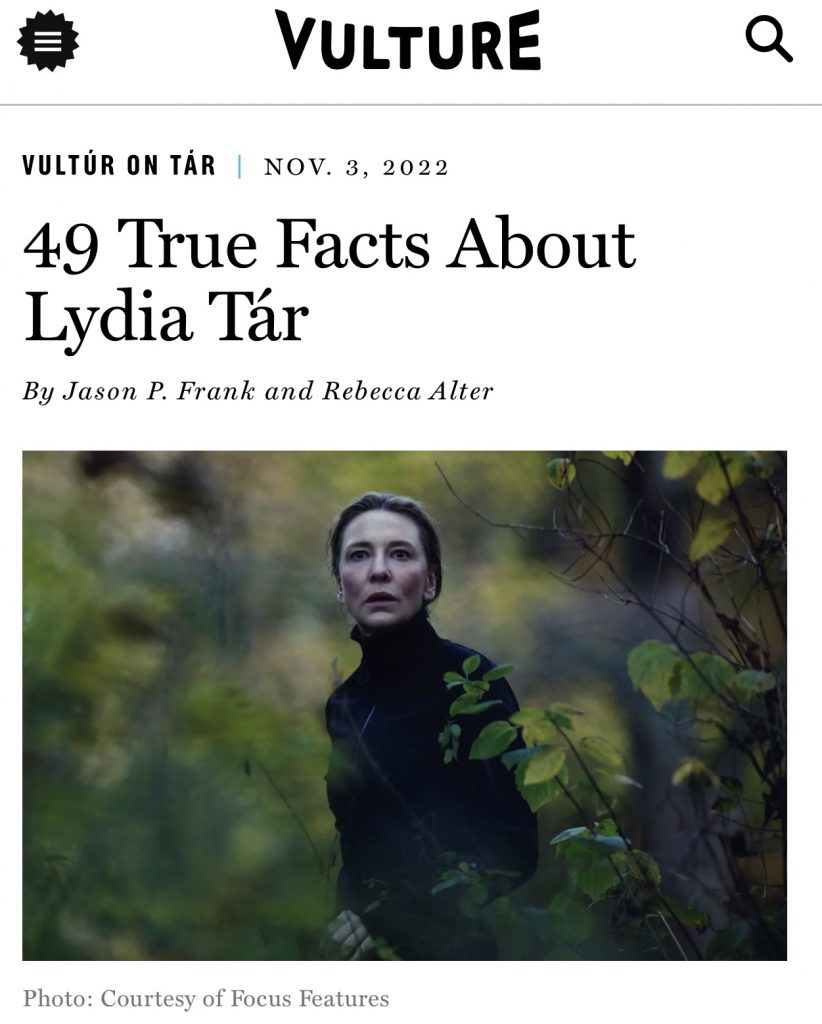I saw Charlotte Wells‘ Aftersun many months ago in Cannes. Jordan Ruimy dragged me to it, and I tried, man…I really tried,. I watched and waited and gradually zoned out. My reaction was such that I didn’t write a review. I “respected” it but it didn’t turn the key. Mainly (and I know this makes me sound like a peon despite my rapt admiration for Michelangelo Antonioni”s L’Avventura and L’Eclisse) because nothing really happens.
It’s about a youngish, dopey-looking dad and his not-quite-teenaged daughter sharing a vacation at a low-key (i.e., not lavish) resort on the Turkish coast. Dad and mom have divorced and so this is a special father-and-daughter getaway. The problem is that dad is a dork who (a) smiles too much and (b) weeps in private.
Maggie and I divorced when the boys were under three, and I used to weep from time to time about not seeing them more often. But you have to suck that shit up.
I watched Aftersun to the end, and yet I can’t recall the last quarter. I know that boredom was a factor. I recall waiting for something to happen and gradually losing interest. Partly due to not liking Mescal, as I recall. Or feeling annoyed by his face. “I’m stuck with this guy?” I remember muttering to myself. I know I didn’t finish watching it in a focused sense. I floated away on some level. My eyes were watching the screen, but my head was somewhere else.
If I hadn’t sat through Aftersun six months ago and was thinking about seeing it now, I would be asking myself “what’s with the title?” I still don’t know what it means. Aftersun refers to…what, dusk? Or sundown? The way a person’s skin feels or looks like after exposure to too much sunlight? Or, in other words, sunburn? If it had been called Afterburn, I would understand. Either way the title doesn’t land.
And then there’s the “uh-oh” premise. A young girl discovers that her youngish idealistic father has another side to him that she didn’t see at first. And that other side has something to do with…uhm, the uncertainty of life? A father’s grief that comes from living apart from a young daughter? The goalie’s anxiety at the penalty kick? God’s silence?
Here’s a review from the honorable Dennis Harvey, the Variety stringer who was more or less assassinated when Carey Mulligan said that a line that he wrote about her not being hot enough to play the lead in Promising Young Woman had hurt her feelings. Here’s Harvey on Aftersun:
“Contrastingly opaque is Charlotte Wells’ Aftersun, a debut feature that’s won a great deal of critical praise whose enthusiasm I can’t quite share. In the 1990s, 11-year-old Sophie (Frankie Corio) goes on a holiday with her father Calum (Paul Mescal) to a Turkish resort obviously catering to British families. He is divorced from her mother, and evidently does not see his only child often, so this is a dual sojourn both welcome and a little awkward.
“Working in a style of psychological nuance and elliptical narrative that strongly recalls Lynne Ramsay’s films, Wells does assured work, and gets very good performances from her two main actors. But while Aftersun’s plotlessness isn’t dull, it is cryptic to an exasperating extent. We find out almost nothing about these characters’ shared past, why the marriage ended, what Calum is doing now, what failures or frustrations he’s found crying over in one late scene.
“There are also strobe-cut sequences interspersed throughout that show an adult Sophie (Celia Rowlson-Hall) apparently still haunted by this damaged-by-implication parental relationship…but they tell us even less. Wells does very well evoking subtle tensions. Still, 100 minutes of vaguely hinting at issues the film is far too discreet to reveal made for a slice-of-life drama more affected than affecting, in my book.”


